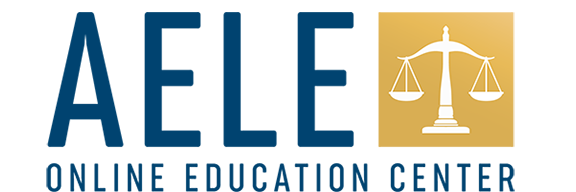The revised and updated seminar content brings to life the hard realities of working in a political environment where “politics” and social pressures will test one’s ethics, biases, and challenge outdated so-called “best practices.” What biases do you bring to the investigation, to disciplinary actions, and to how you navigate the organizational cultures of the agency, both formal and informal? How do unwritten ground rules impact your internal investigation and its outcome? These and other topics challenge administrators, investigators, trainers, officers, civilians, politicians, and other stakeholders.
Using actual and hypothetical case studies, attendants and seminar faculty will discuss ethical, political, organizational, and other important topics and how they impact decision-making. Sensitive subjects that no one likes to discuss let alone investigate include employee sexual misconduct, gender and racial harassment and discrimination, hostile work environments, retaliation, and investigator and administrator bias. Evidence- and legal-based solutions serve as foundations for analysis and for possible solutions during open, interactive, and engaging discussions.
The content and the approach of this AELE seminar is unlike previous “Discipline and Internal Investigations” seminars, so enroll today because its contemporary topics involve detail analysis, involve evidence- and legal-based solutions, and include active audience participation. For example, what triggers the contacting of and involving of a state investigator? When is an “internal investigation” not one? What happens to careers when the wrong culpability standard or the wrong constitutional standard serves as a basis for criminal or disciplinary recommendations?
Often, internal investigators and administrators face tough decision-making when faced with events that happen once in an officer’s career (think, arrest-related death). Then, there is the employee who habitually engages in sexual misconduct, lying, using excessive force, etc. Why is (s)he still employed? Learn how to spot internal investigation and policy missteps that help daring employees keep their jobs. At times it is not the investigator who missteps, but supervisors. Improper training of supervisors on how to objectively evaluate employees is often another pitfall. Using performance evaluations that are not statistically sound to survive a challenge create challenges. Learn why many performance evaluations create hurdles for taking corrective disciplinary action.
- Internal Affairs Organization – Policies and Procedures
- Structure of an IA Investigation – Blueprint
- “I Don’t Recall” – Conducting Officer Interviews
- The use of BWC footage during interviews
- Administrative Investigations versus Criminal Investigations – Definitions & Standards
- LEO Internal Affairs Records
- Discipline Defined and New Developments in Discipline
- Officer First Amendment Rights and Social Media Issues
- Investigation Processing and Issues
- The Final Report (Who reviews and/or sustains?)
- Civilian Investigations
- Special Investigations (Sexual misconduct, discrimination, domestic violence)
- Working with the Media and Civilian Oversight
- Ancillary Legal Issues (Double Jeopardy; Due Process Rights; Liberty/Name Clearing Hearings; Suspension / Suspension Hearings; Loudermill Rights; LEO Bill of Rights)
- Case Studies
- Plus, more
